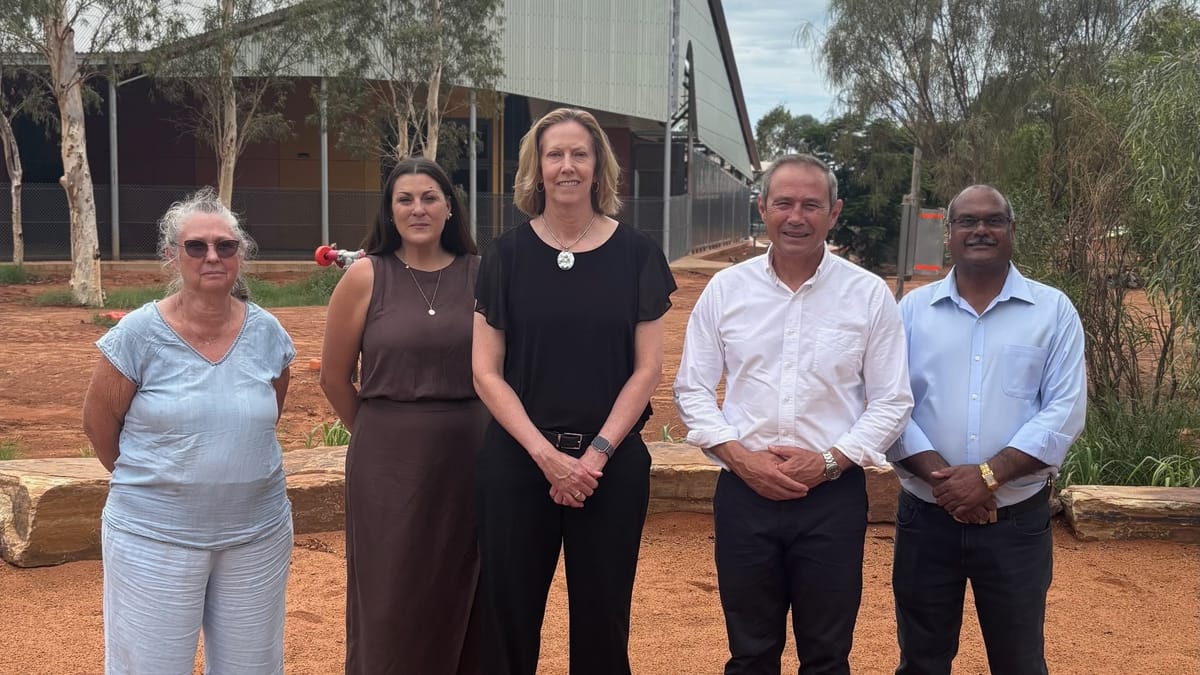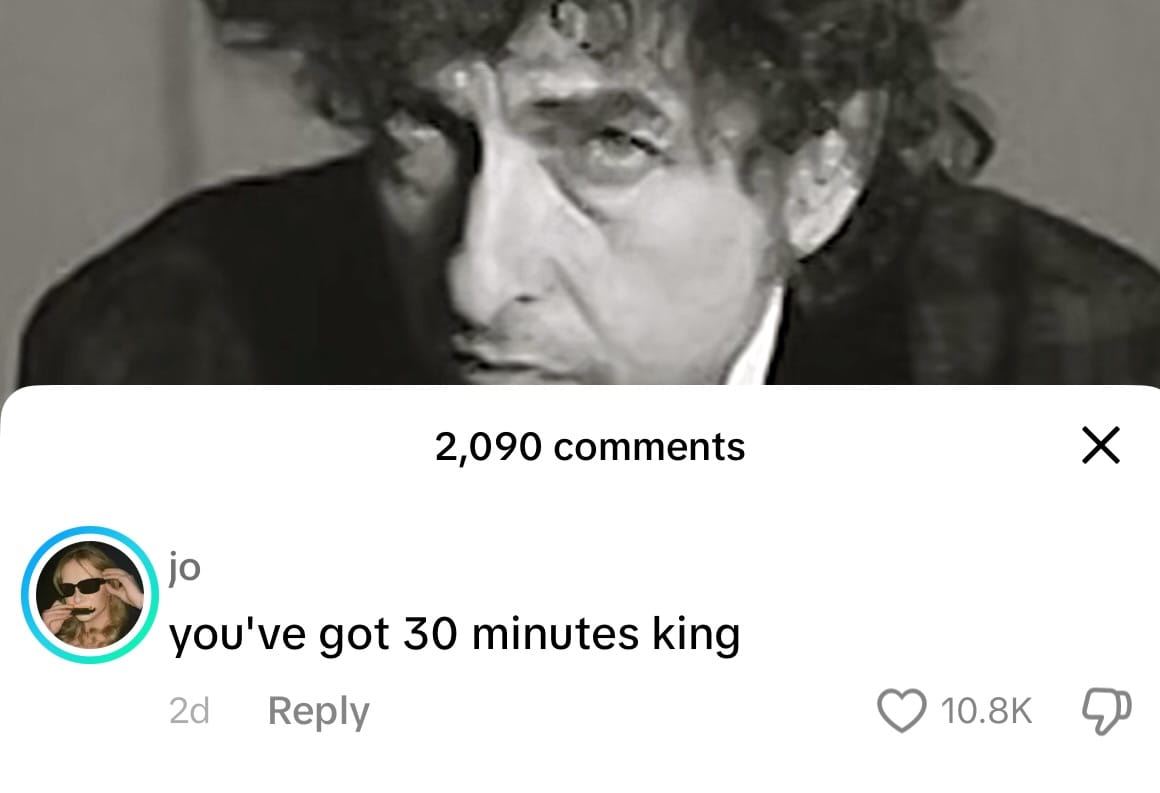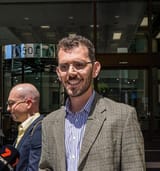Fossil schools
Some things should be off limits.

The Last Place on Earth is a new media project about power and politics in the west. Today: how come Woodside is sponsoring public schools, instead of just paying proper taxes and royalties? But first, a round up of what we’ve been up to this week:
On the podcast, Greens MLC Brad Pettitt spoke to Jesse about what it’s like to witness state capture up close:

Brad gave us the scoop on how mining lobbyists literally get special access to Parliament House:
@lastplaceonearth_media The mining lobby has a literal backdoor to WA Premier Roger Cook's office. It's clear the WA government is captured by the resources industry, but @bradpettittmlc has seen it closer up than most. He joined The Last Place on Earth podcast to share some of what he's seen as the only Greens MP in WA parliament. The full episode 'The Secret Staircase' is out now.
♬ original sound - lastplaceonearth_media
Plus, I did plenty of ‘research’ (scrolling my feed) for a round up of the latest TikTok news, including the prospect of a ban in the US, the Minerals Council’s embrace of brain rot, and Bob Dylan’s arrival on the platform. (This one’s for paid subscribers only):

Premier Roger Cook was in the Pilbara this week, standing alongside the Woodside CEO to announce the company was chipping in $20 million for the ongoing redevelopment of Roebourne District High School.
In March last year, when the government made a similar announcement, I wrote about how Woodside, as a company legally bound to maximise profit for shareholders, gives money to schools to launder their reputation so they can continue to get away with plunder:
It's reasonable to expect some of the billions made from extracting Australia’s natural resources to provide for public services like education. The obvious way for that to happen is through taxation, but our big polluters get away with paying little, and our politicians settle for morsels like Woodside's school funding package. Australia could take a lesson from Norway, where oil and gas companies are taxed at around 78%. That way, primary school students could receive the education they deserve without being reduced to PR fodder.
This new funding is part of the government’s Resources Community Investment Initiative, a scheme initiated by former Premier Mark McGowan in 2022. When originally soliciting donations for the fund from resources companies, McGowan assured industry he had no plans for further taxes or royalties. In other words, he offered his future employers an unbelievably sweet deal - instead of paying billions in taxes to fund basic social provision, they could pay a few million and receive the added bonus of showing up for the photo op every time the money gets spent.
It’s good that Roebourne District High is getting the new facilities it needs. The school serves one of the most disadvantaged communities in the state, many of whom are the rightful owners of lands that have been dug up and desecrated to create Western Australia’s extreme wealth. I saw the old school buildings – they were dingy and dilapidated, in urgent need of upgrades.
In June last year, I reported for Ngaarda Media on how Roebourne community members were frustrated that the state government hadn’t yet delivered the full upgrades that had been promised. Originally, the government had committed to a plan co-designed with the community that was scaled back due to budget constraints. At the time, Ngarluma elder Josie Samson spoke of tensions with the government, and said she wanted to see the community and the Education Department “work together, instead of fighting against each other.” The late Yindjibarndi elder Mrs T. Daniel said the saga was another example of how Roebourne was “a forgotten town in the North West.”
And so, given the failure of the state government to provide adequate educational facilities in Roebourne, I’m glad there’s more funding that’s been allocated – but it’s a shame that it had to happen like this. With the benefit of hindsight, not too many years from now, the idea that the Western Australian government would allow fossil fuel companies to sponsor schools will be seen as inexplicable and abhorrent. After all, these are the same companies condemning our kids to a world of climate chaos and uncertainty. I imagine fossil fuel companies know their day of reckoning is coming. They’ll be hoping to ram through approvals for new projects – like Woodside’s 50-year North West Shelf extension – before it arrives.







